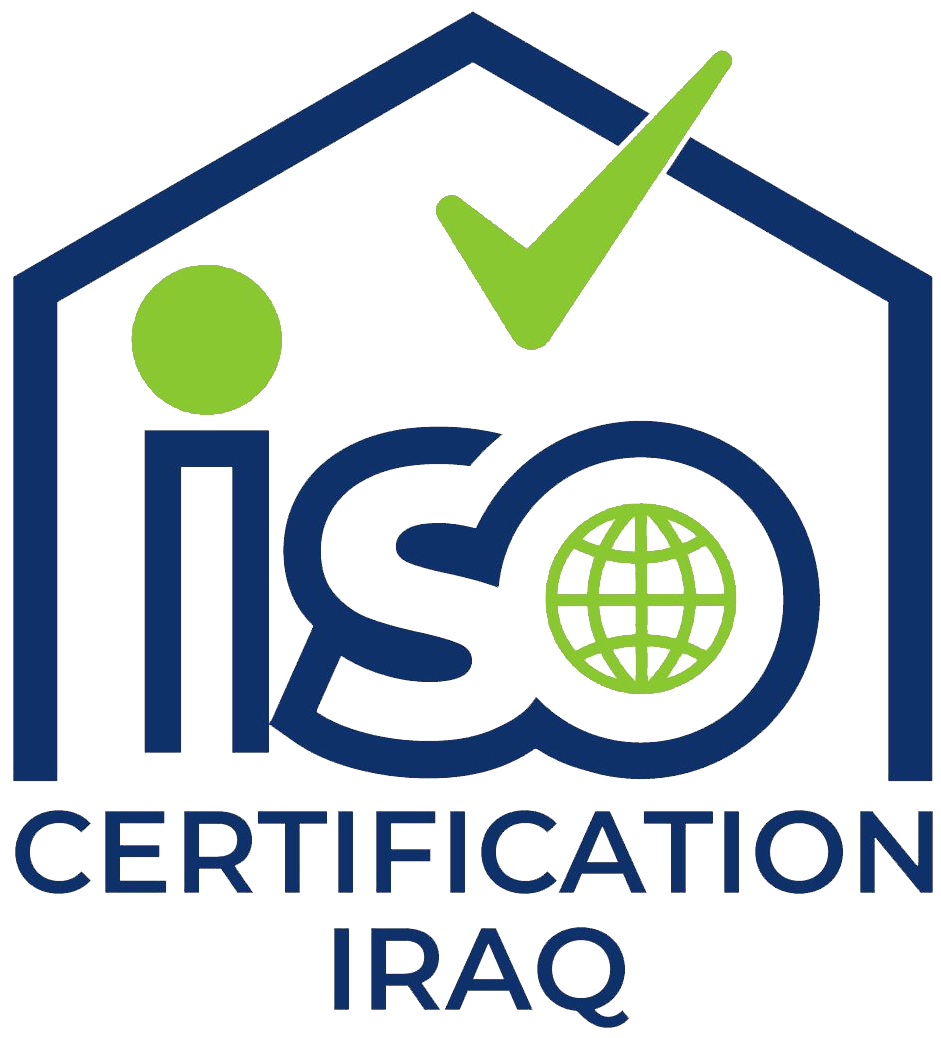HACCP – Hazard Analysis and Critical Central Point.
Hazard Analysis and Critical Central Point (HACCP) Food Safety Management System is a process control system designed to identify and prevent microbial and other hazards in food production and entire food chain. HACCP includes steps designed to prevent problems before they occur and to correct deviations through a systematic way as soon as they are detected.
Such preventive control systems with documentation and verification are widely recognized by scientific authorities and international organizations as the most effective approach available for producing safe food.
HACCP enables the producers, processors, distributors, exporters of food products to utilize technical resources efficiently and in a cost effective manner in assuring food safety.
HACCP offers continuous and systematic approaches to assure food safety. In light of recent food safety related incidents, there is a renewed interest in HACCP from a regulatory point of view. The industry will do well to adopt HACCP approaches to food safety whether or not it is required.
Benefits
- Increase customer and consumer confidence.
- Improve product quality and consistency.
- Increase focus and ownership of food safety.
- Improve control of production process.
- Maintain or increase market access.
- Business liability protection.
